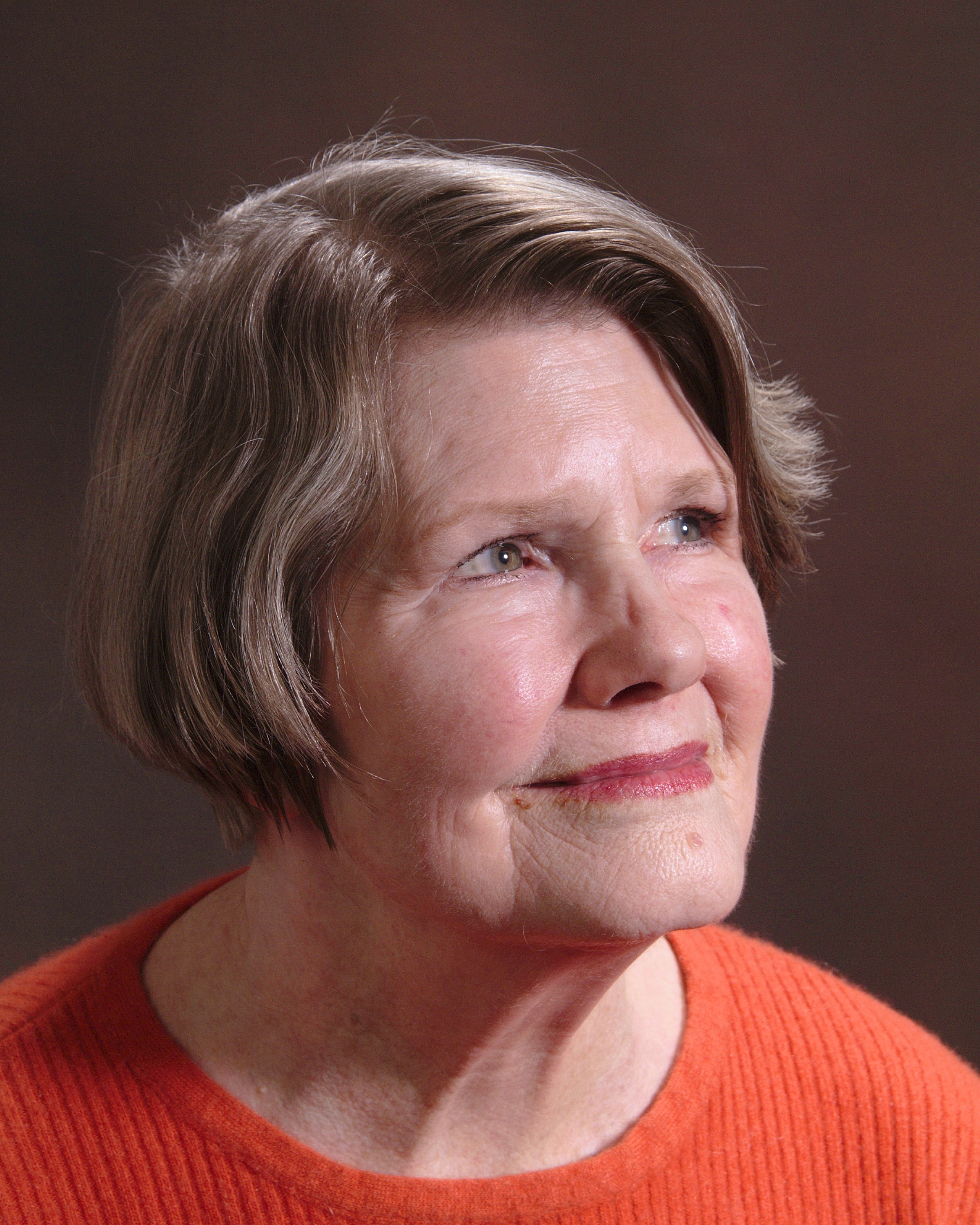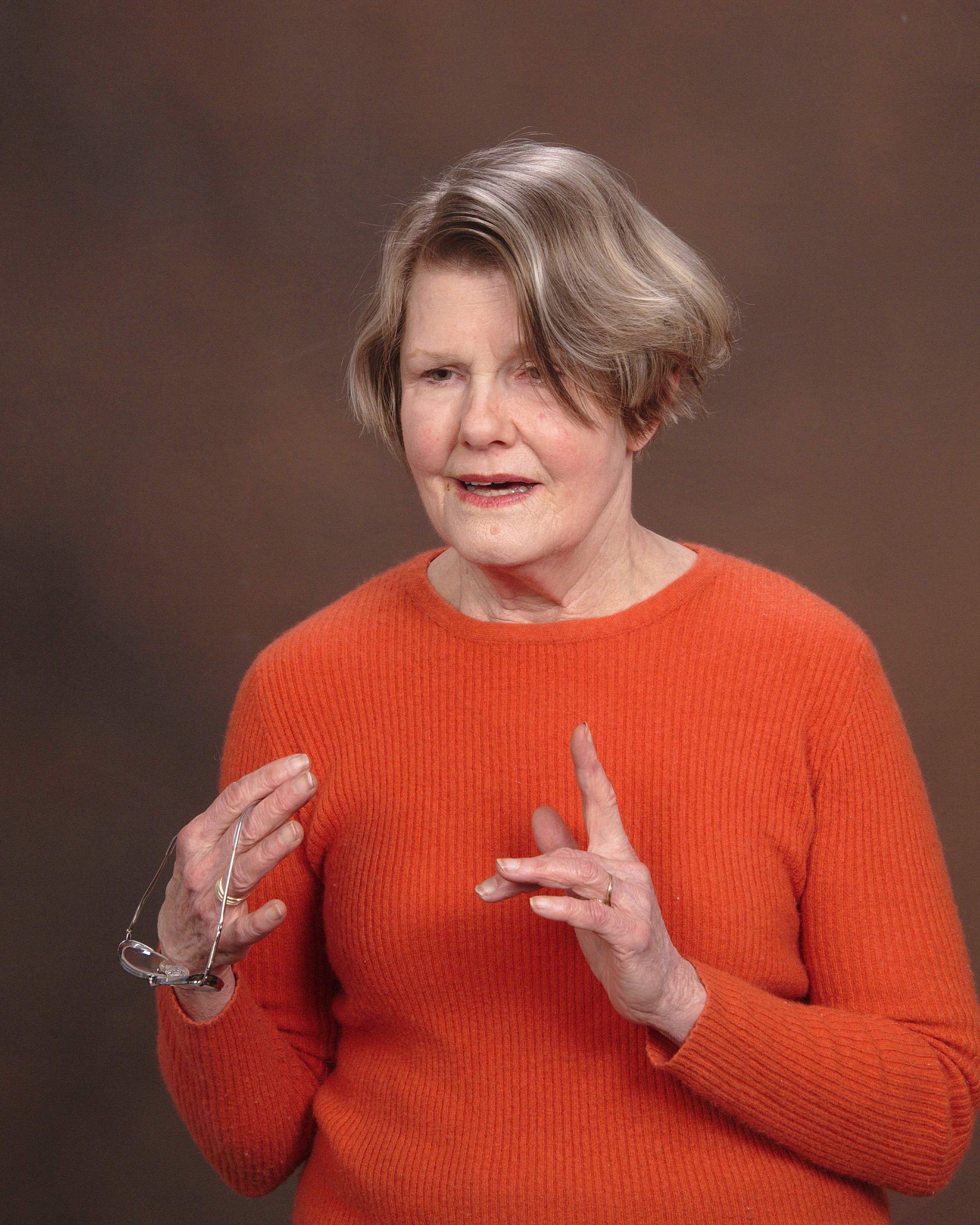Bonus Interview With Renni Browne, Co-Author of Self-Editing For Fiction Writers
15 Wednesday Jan 2014
Written by susanfinlay
I’d like to introduce you to the amazing editor/teacher/author, Renni Browne. She is a well-known editor and the co-author of Self-Editing for Fiction Writers.
Hi, Renni! Welcome to Susan Finlay Writes blog site. Your background as an editor with William Morrow and other publishers is quite impressive. How/why did you decide to found The Editorial Department? What services does your company provide?
When I left Morrow in 1978 I realized that with few exceptions, publishing editors were no longer doing the time-consuming in-depth work on their authors’ manuscripts. Quite a few of them dropped out of publishing and became free-lance editors. In 1980 I founded The Editorial Department, gathering experienced editors to provide the kind of attention authors once received from publishers, with the added goal of matching successfully edited manuscripts to literary agents. Editing is still our most popular service, we still offer agent matchmaking, and I’m one of TED’s full-time editors. But my son, Ross, was running the company before the E-book revolution came along, and when it hit he hired hiring experts (marketing, web-site design, cover design) whose services we offer to clients who self-publish.
You co-wrote Self-Editing For Fiction Writers: How to Edit Yourself Into Print with Dave King. It’s consider priceless by many in the literary world. I own a copy and I re-read it often. Can you tell readers a bit about the book?
It shows fiction writers–or nonfiction writers whose manuscripts contain scenes– how to edit their own work. Every chapter explains an issue (say, point of view), gives examples of how and how not to handle it, then concludes with tests and exercises to lock in the lesson. An author who’s planning to hire an editor will need less help, and one who isn’t will learn how to make a manuscript read as if it’s the work of a more experienced, sophisticated writer.
In the Acknowledgments at the front of the book, you say ‘Even editors, when they are writing, need editors.’ Did the experience of having your own writing edited by other people affect your concept of the editing process?
It made me even more aware of how valuable a good editor can be. I’ve often said to an author who flinched at the editorial process: Your book is your child. None of us can be 100% objective about our own children. I’ve also told authors when I send off a long evaluation or a thorough line by line edit: I’m not always right.
Are you writing another book? If so, can you tell us about it?
I’m writing DIALOGUE FOR FICTION WRITERS with Peter Gelfan, who’s one of our most experienced editors and a published novelist.
After working as editor at publishing houses, how did it feel to be a client? What was that experience like?
Exhilarating—and frustrating. Since many of The Editorial Department’s clients end up getting published mainstream, it helped me understand their concerns! It also helped me understand why many of them prefer to self-publish.
As an editor, can you tell us a bit about the author/editor relationship? What do you like best about editing other authors’ work?
The author and editor have exactly the same goal: to make the work as effective as it can possibly be. In fiction, good stories can become riveting, strong characters irresistible. In nonfiction, subject matter becomes seductive. Editors don’t expect authors to take every single suggestion: sometimes an idea will inspire an entirely different approach to a weakness in the manuscript. What I love most about editing other writers’ work is seeing it develop to the point where it fulfills its promise—not just the content, but the literary style. At times the payoff has been huge (we match the writer with an agent, the agent gets a contract, the book ends up on the NY Times bestseller list). Sometimes it’s modest (the author self-publishes a memoir that’s so well written everybody in the family actually wants to read every word of it). But one payoff is constant: the author becomes a stronger, more effective writer. It’s a great pleasure to be part of this process.
Which do you consider the biggest challenge for most authors: interior monologue, showing versus telling, point of view, dialogue mechanics, exposition, proportion, grammar, punctuation, etc.?
I’d say proportion is the biggest challenge, because authors have a hard time understanding that something they’ve written may be superb yet not serve the interests of the book taken as a whole. They also—very often—don’t realize how effective their writing is and so take pages to convey something their first paragraph or two gets across beautifully. Or they don’t realize a tiny moment deserves to be a scene. One of the most important things editors can do for authors is help them see the book as a whole, because judging how much is enough/too much requires so much objectivity.
One of the hottest topics I see discussed among authors is point of view (pov), especially the difference between third-person and omniscient. Is there such a thing as third-person omniscient? If so, does that mean it’s okay to move between characters’ pov mid-scene?
Third person point of view in fiction can be omniscient or from a single character’s perspective. If omniscient, the reader may be moved from one character’s head to another’s within the same scene (which is jarring), or in no character’s head at all (which tends to make the scene read like nonfiction). Third person firmly inside a single character’s head is likely to be far more engaging. The reader is getting his or her perspective while getting to know the character better.
Another interesting topic I hear discussed is flashbacks. In your book you advise authors to use flashbacks sparingly, but what about techniques for flashback scenes when they are essential? Can you give us some advice about how to get in and out of a flashback so it flows naturally? Also, should you always use past-perfect tense for flashbacks when writing in third-person point of view?
The most important thing about a flashback is to make sure it has all the immediacy of a scene from the present-day story. You can set it up any number of ways, often simply by using a past perfect verb. (He had seen that same look on Sharpy’s face the morning he showed up at…) One or at the most two past perfect verbs will suffice, then stick to past tense. When the flashback concludes, if there isn’t a graceful way to ease back into the present story, throw in a linespace.
Sometimes I hear that novel writing has no rules, or that ‘rules are made to be broken’. What are your thoughts?
I don’t think there are rules. I would say that fiction writing—any kind of writing—involves a great deal of craft. And craft can be learned.
What is your favorite or least favorite part of writing or editing?
My favorite moments are when I can’t write fast enough to keep up with my ideas. My least favorite writing moments are when I know exactly what I want to get across but can’t think of the right way to put it. There’s no least favorite part of editing for me. After 50+ years at it, I’ve never been bored. Every author is different, every manuscript is different, every sentence is different.
You also teach at writing workshops. I’d love to hear more about them. Do you have any interesting experiences you’d like to share?
After dinner with the organizer of a writing conference where I gave a dialogue workshop in Alaska, we went out on the deck. I looked down and saw the world’s biggest animal casually nibbling at my hostess’s flowers—much bigger than a horse, with a sweet, happy face. Of course it was a moose. He came up around the house and passed in front of us close enough to touch, then sauntered out the driveway . I was thrilled beyond words.
What is the most important advice you can give new authors?
Writing a book is a process, not an event.
What books or authors have most influenced you in your own writing?
I can’t answer this one—there are so many I admire but no specific one I could say has influenced my writing.
Please list any websites or social media links for yourself, your book, and your company. Thanks!
http://www.editorialdepartment.com/
http://www.selfeditingforfictionwriters.com/
http://www.amazon.com/Self-Editing-Fiction-Writers-Yourself-Print/dp/0062720465/ref=la_B000AP9X26_1_1?s=books&ie=UTF8&qid=1389791463&sr=1-1



16 Comments
January 15, 2014 at 1:46 pm
Fascinating and actually rather hopeful and inspiring as the general rule is don’t edit it yourself which is disheartening for those of us who don’t have money to spend on your books but want them to be as good as we can make them. Thanks for this.
January 15, 2014 at 1:48 pm
Thanks, Diane!
January 15, 2014 at 2:24 pm
Thank you so much, Renni and Susan. Reading about your experiences is very interesting and has reassured me about many aspects of writing.
January 15, 2014 at 2:28 pm
Thanks, Fran!
January 15, 2014 at 2:53 pm
This is a wonderful interview, with terrific questions and wise answers. I’m going to remember the name Renni Browne. And I already know your name very well, Susan. Thank you for the blog.
January 15, 2014 at 2:57 pm
Thanks, Marlene. I really enjoyed interviewing Renni. She’s wonderful.
January 15, 2014 at 2:57 pm
Such an interesting interview and lady. Thanks Susan for hosting Rennie and thanks Rennie for being so clear and concise in your answers and sharing your knowledge and experience with us. Food for thought. Good luck with your future projects.
January 15, 2014 at 3:18 pm
Thanks, Jane. I was thrilled to get a chance to interview Renni.
January 15, 2014 at 3:45 pm
A coup and so interesting and so much experience locked in her head.
January 15, 2014 at 3:13 pm
Without a doubt, I credit Self-Editing For Fiction Writers as the single biggest influence in improving my writing. Highly-recommended. Excellent interview, Susan and Rennie.
January 15, 2014 at 3:17 pm
Thanks, Glenn. I re-read her book each time I begin editing a new book.
January 16, 2014 at 2:41 am
Reblogged this on Charlotte Gerber.
January 16, 2014 at 4:02 am
Great post, Susan. I’m heading over right now to learn more about her book. Thanks! -S
January 16, 2014 at 4:05 am
Got it! Can’t wait to read this work. 🙂
January 16, 2014 at 12:44 pm
Wonderful! Let me know what you think of it.
January 16, 2014 at 4:01 pm
Will do. 🙂